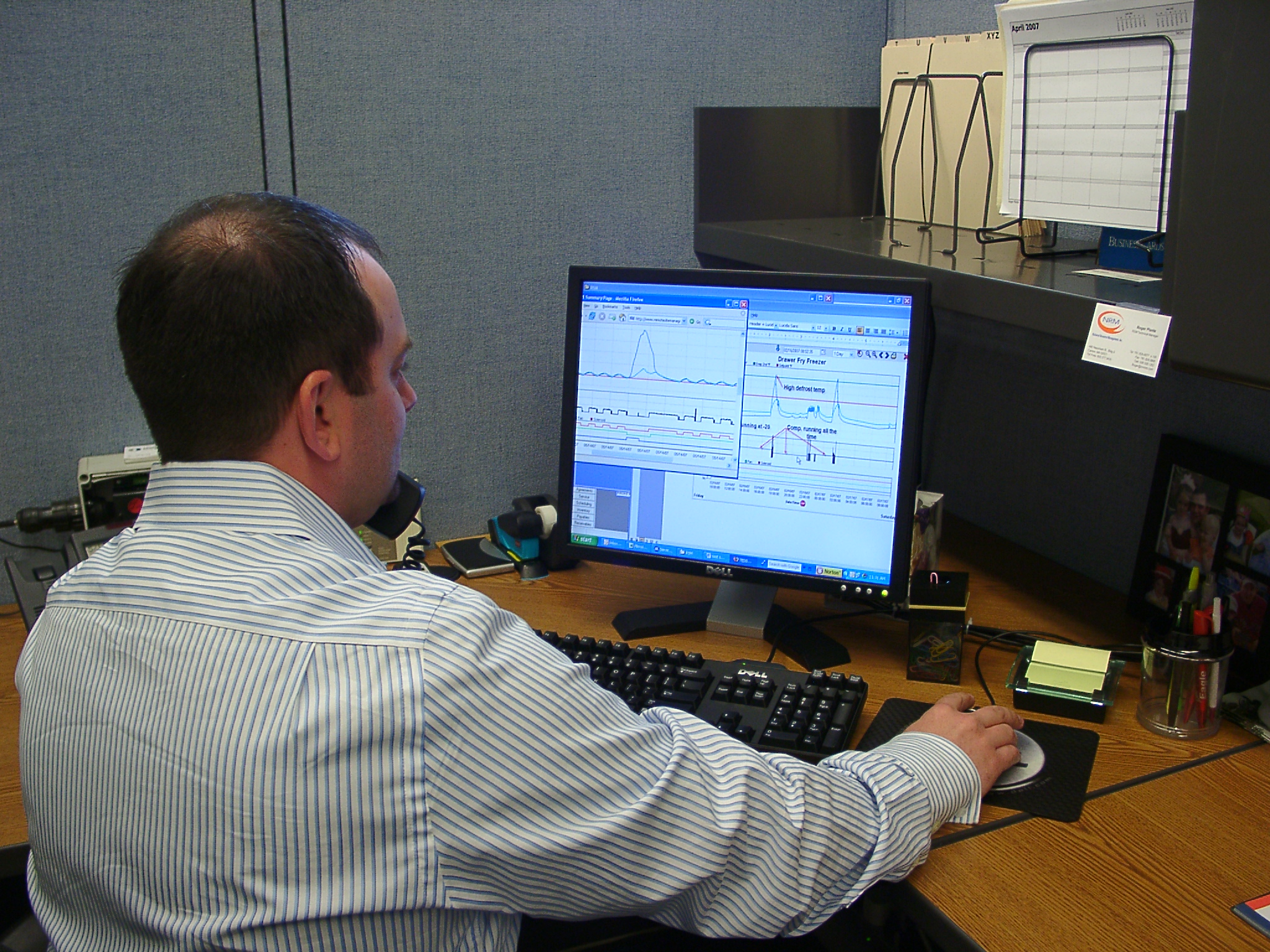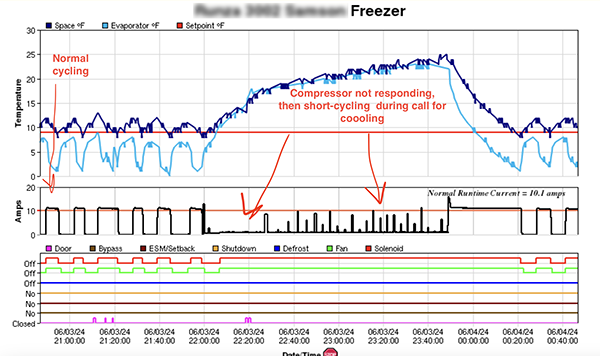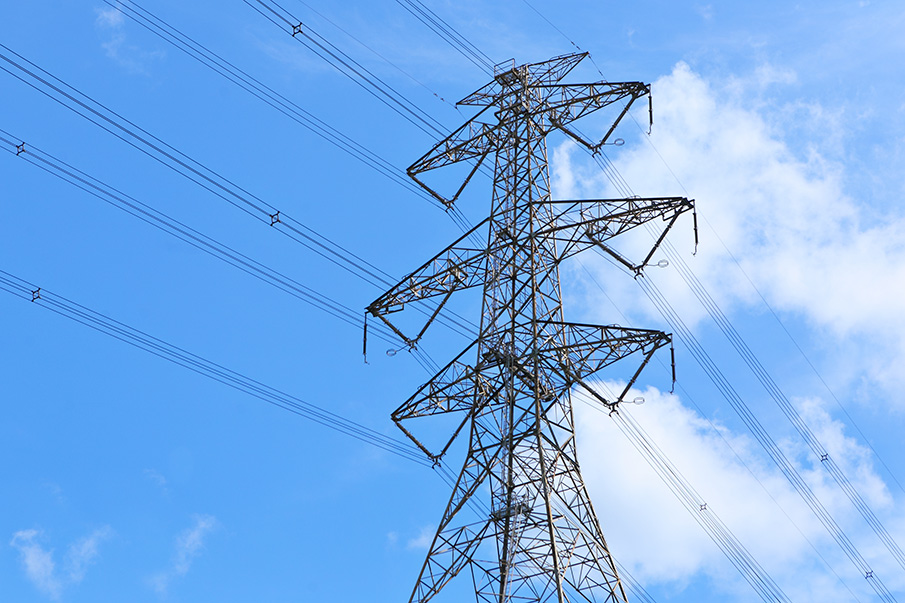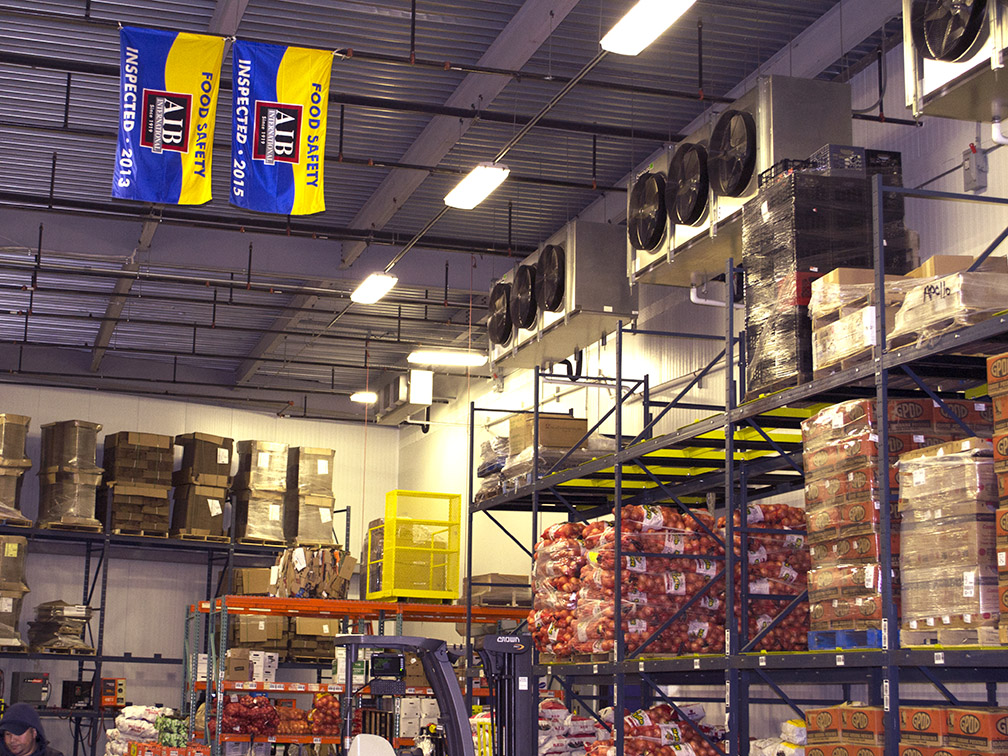The majority of our blog posts are crafted with a general audience in mind. Those seeking to learn more information about energy efficiency, the operation and energy consumption of their commercial or industrial refrigeration equipment, how those systems tie into their operations management, as well as general trouble-shooting or maintenance tips. These types of posts are ideal resources for owner-operators or for people doing preliminary research into how to improve their system’s functionality.
But often, there are a number of stakeholders invested in the decision on whether or not to implement a project that optimizes their business’ refrigeration system. Including, but not limited to: financial teams, energy managers, ESCO representatives, board members, state utility companies, and refrigeration contractors/technicians.
In the following series of spotlighted posts, we will lay out five benefits to each of these positions that come with championing for a control & monitoring platform, which can improve operations, equipment life, mitigate risk, and save money on energy costs.
In today’s post, we would like to highlight how such a platform can result in more consistent preventative maintenance appointments, and improve visibility between refrigeration contractors and their clients (from installers to maintenance technicians). Such solutions are sometimes misperceived as a threat – a cannibalization of their business – despite not having repair or replacement capabilities.
What this type of platform can actually do is deepen and enrich the relationship you have with your client.
Here are five ways how:
1. Critical Equipment Alarms Allow for Speedier Resolutions
Emergency maintenance calls are an expensive burden on your clients. But on the flip side of that coin, emergency maintenance calls that save equipment and product are welcomed ones.
Real-world example: One of NRM’s clients had one of their rooftop condensers struck by lightning the night of July 3rd two years ago. The third was a Friday, and it being the holiday weekend, the facility was closed for three days. But when the condenser was struck, and began working improperly, real-time alerts were sent to both the client and his refrigeration technician. An emergency call was placed early Saturday morning, the technician went out to the site, quickly diagnosed which unit had been impacted, and was able to replace the necessary components on the first visit.
The alternative, of course, was the issue going undetected through the holiday weekend, all of the product being lost, and the equipment continuing to erode to possible, irreversible damaged levels. If the client had to not only replace the unit but also the entire inventory, who knows how big of a negative impact on their business it would have been? The refrigeration technician played the hero as the client was able to continue their operation without a hitch, and their shipments were able to go out on the Monday.
2. Minimize unforeseen and/or emergency-related repair bills
Going hand-in-hand with the first point, a control and monitoring platform will allow you to never have to play the villain.
Think about your vehicles for a moment. When you bring your car into the shop for an oil change or to address a warning light that appears on your dashboard, and you’re expecting the visit to cost one thing, what do you feel when the mechanic informs you they uncovered another issue that will cost several hundred (potentially thousand) dollars to repair. Anger? Frustration? Distrust? It’s of no fault of the mechanic’s, but we externalize when our expectations are not met.
The same holds true for expensive refrigeration equipment. Do you think it would better for your relationship with your client if a monitoring system alerts them to a costly issue, immediately when it crops up, or you alerting them during, say, a visit in which the scheduled work was nothing more than a coil cleaning?
A more transparent operation of their coolers/freezers is a long-term benefit to both you and your clients.
3. Optimal performance practices include routine preventative maintenance visits
According to the ACCA, a maintenance program seeks to eliminate deficiencies that degrade or impair the refrigeration system, including its components. The technician shall recommend actions to correct these deficiencies. Conducting regularly scheduled inspections, maintenance, and remediation of commercial refrigeration equipment prolongs its efficiency, promotes product safety, supports lower utility costs, guards against unexpected failures, and prolongs equipment life. Everyone benefits when refrigeration systems operate efficiently within the required temperature ranges.
The beauty of having a client who has installed a control and monitoring platform is that it shows they clearly value a pro-active approach to maintaining their coolers/freezers at peak levels. They’re invested in both the performance and health of their equipment, and that equipment’s impact on their operations. In turn, they should be happily receptive to the proposal of a routine maintenance schedule.
4. Ability to trouble-shoot remotely with on-demand performance metrics
With things like next-day delivery, oil changes in less than twenty minutes, “mortgages in an hour,” and the internet allowing people to find answers to their toughest questions in seconds, our society has rapidly evolved into one built on instant gratification. If something takes six hours, we expect to be able to find someone who can do it in half that time. In industry, the spillover is obvious. Big data and the Internet of Things have streamlined, connected, and put entire systems into an on-demand state.
The old adage ‘time is money’ holds particularly true for technicians and maintenance service contracts.
By receiving the same alerts as your clients, or by being able to get a jump on an abnormality/potential future issue by viewing real-time and historical performance charts, things can be handled quickly, and during the first visit. You’ll be building a positive expectation based on trust and transparency. This in turn could turn your clients into your biggest supporters, which could lead to referrals and your client list growing.
5. Ability to bypass the controls platform to diagnose and repair equipment without jeopardizing the integrity of either
One of the most common concerns that we hear when interacting with refrigeration technicians regarding our own controls system is how much training and knowledge will they need to acquire about how the system works to do their job “around it.” There is a fear that not only could the controls system be damaged but so, too, could the refrigeration equipment because of the integration.
With NRM’s, in particular, there is a bypass feature that allows you to turn off the controls system so as to revert the refrigeration equipment to its state prior to our install.
This provides piece of mind for both you and your client. Knowing you can disable the controls while you trouble-shoot the cooler/freezer and then reactivate when finished, you can reassure your customer that this maintenance call won’t require a follow-up for something that may have inadvertently happened to their controls system.




